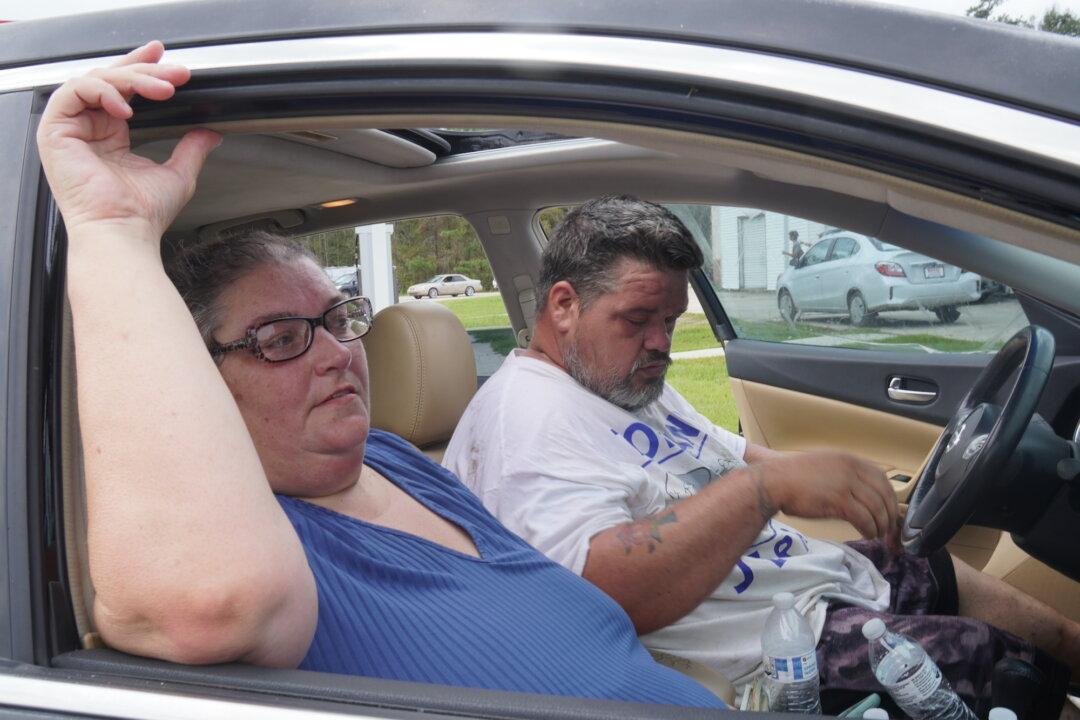Living without power after a hurricane sounds like a return to a simpler time, but the reality is more complex.
At the Big Boss Travel Plaza gas station in Tickfaw, Louisiana, simple staples have become survival essentials.

Living without power after a hurricane sounds like a return to a simpler time, but the reality is more complex.
At the Big Boss Travel Plaza gas station in Tickfaw, Louisiana, simple staples have become survival essentials.